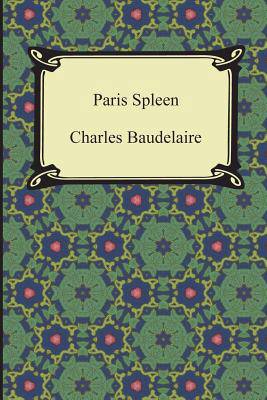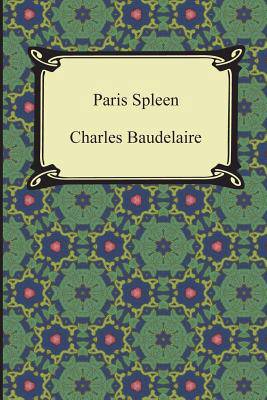
- Afhalen na 1 uur in een winkel met voorraad
- Gratis thuislevering in België vanaf € 30
- Ruim aanbod met 7 miljoen producten
- Afhalen na 1 uur in een winkel met voorraad
- Gratis thuislevering in België vanaf € 30
- Ruim aanbod met 7 miljoen producten
Zoeken
Omschrijving
First published posthumously in 1869, "Paris Spleen" is a collection of 51 short prose poems by Charles Baudelaire. Inspired by Aloysius Bertrand's "Gaspard de la Nuit - Fantaisies à la manière de Rembrandt et de Callot" or "Gaspard of the Night - Fantasies in the Manner of Rembrandt and Callot", Baudelaire remarked that he had read Bertrand's work at least twenty times for starting "Paris Spleen". A commentary on Parisian contemporary life, Baudelaire remarked on his work that "These are the flowers of evil again, but with more freedom, much more detail, and much more mockery." The themes present in "Paris Spleen" are wide-ranging. In a stream of consciousness style Baudelaire discusses pleasure, intoxication, artistry, women, poverty and social status, city life, religion, and morality. These little snapshots of daily life in the city of Paris capture the tumultuous time in which they were written, the middle of the 19th century, and establish "Paris Spleen" as a classic of the modernist literary movement.
Specificaties
Betrokkenen
- Auteur(s):
- Uitgeverij:
Inhoud
- Aantal bladzijden:
- 84
- Taal:
- Engels
Eigenschappen
- Productcode (EAN):
- 9781420950199
- Verschijningsdatum:
- 1/01/2015
- Uitvoering:
- Paperback
- Formaat:
- Trade paperback (VS)
- Afmetingen:
- 152 mm x 229 mm
- Gewicht:
- 136 g

Alleen bij Standaard Boekhandel
+ 27 punten op je klantenkaart van Standaard Boekhandel
Beoordelingen
We publiceren alleen reviews die voldoen aan de voorwaarden voor reviews. Bekijk onze voorwaarden voor reviews.











